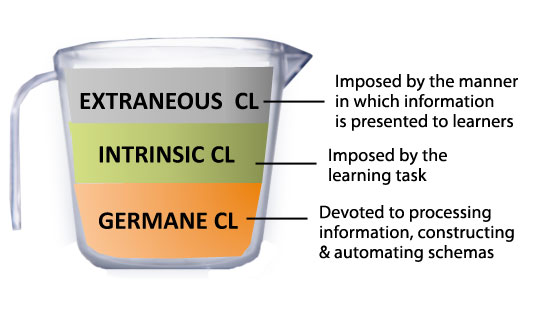This week my commute was been filled with two leadership podcasts (and the Tes Podagogy podcast with Dylan Wiliams). Two podcasts from two nonagenarian leaders with a combined 183 years life experience, over at Finding Mastery. Both John Nordstrom and Dr Albert Bandura were as sharp as a tack and their responses deliberate and sage.Even the podcast titles suggested “experience.”
Lastly Podagogy – a new Tes podcast for teachers about teaching.I rarely miss an opportunity to hear Dylan Wiliams talk about the intersection of research and education. He rarely fails to poke at an educational sore.
I have often said, what is interesting is not what works in education, but under what circumstances does it work.
The outcome of this twenty or so minutes listening, revisiting John Sweller’s theory of cognitive load.
Where to start, given there are 517 references on Google Scholar since 2017.
It was over at Greg’s blog, that I first read/heard about CLT, the principles and the main findings as they apply to teaching. Coincidental Greg posted this weekend signposting a video and a new resource from the New South Wales Centre for Education and Statistics..


